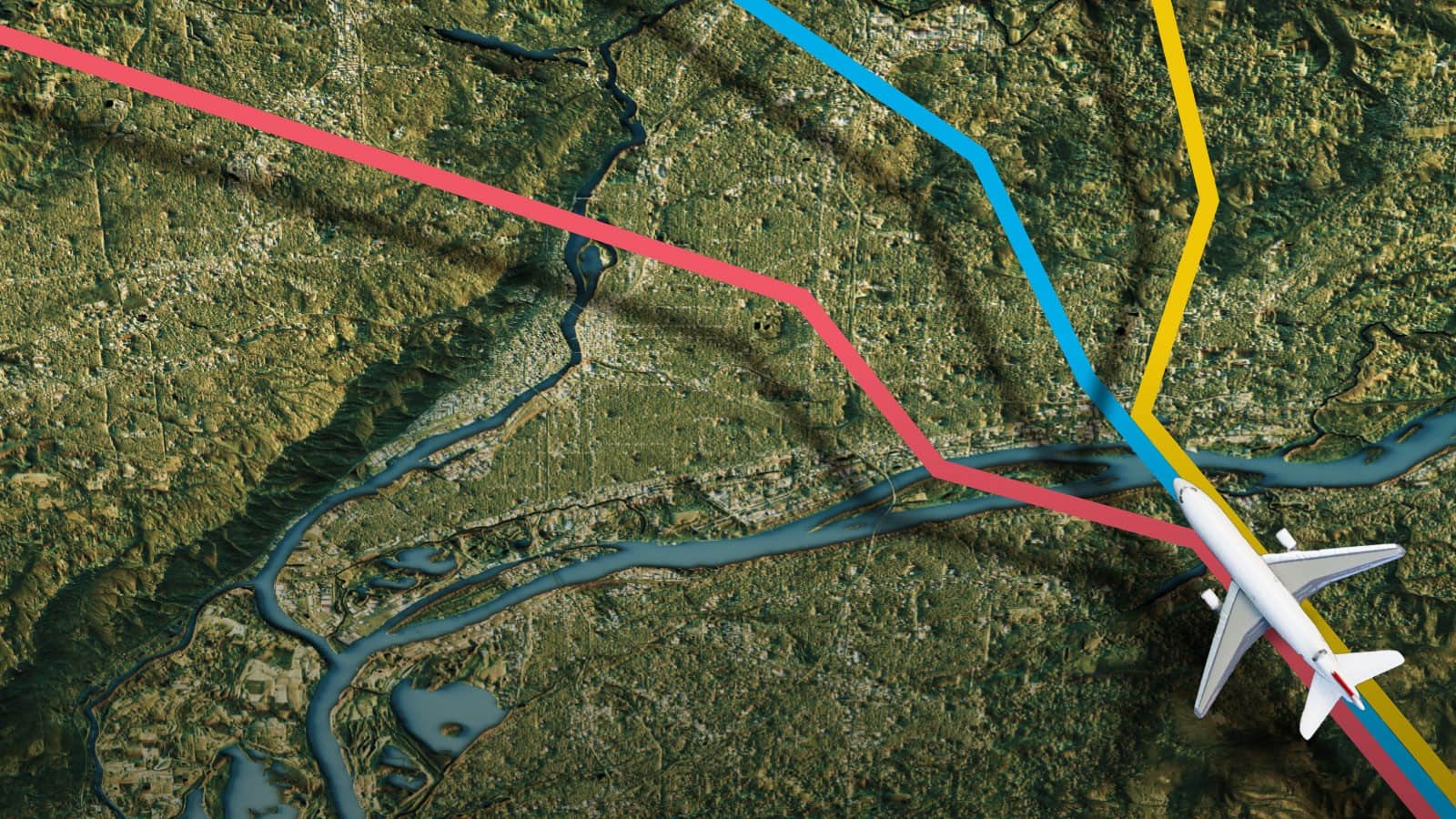
Route planning can seem like a puzzle, but it's a crucial part of any journey. Whether you're a delivery driver, a road trip enthusiast, or just trying to get to work on time, knowing how to plan your route effectively can save you time, money, and stress. What is route planning? Route planning involves determining the best path from point A to point B, considering factors like distance, traffic, and road conditions. This process can be as simple as using a map or as complex as employing advanced software. By understanding the basics of route planning, you can make smarter travel decisions and enjoy a smoother ride.
Key Takeaways:
- Route planning has ancient roots, relies on math, and benefits from GPS and modern technology. It saves time, fuel, and enhances safety for travel, logistics, and emergency services.
- Route planning impacts fuel efficiency, time management, and safety. It uses GPS, math, and modern technology to benefit travel, logistics, and emergency services.
What is Route Planning?
Route planning involves determining the most efficient path from one point to another. This process is crucial for logistics, travel, and even daily commutes. Here are some fascinating facts about route planning.
-
Ancient Origins: The concept of route planning dates back to ancient civilizations. The Romans built extensive road networks, meticulously planned for military and trade purposes.
-
Mathematical Foundations: Route planning relies heavily on mathematics, particularly graph theory. Algorithms like Dijkstra's and A* help find the shortest or fastest paths.
-
GPS Technology: Modern route planning often uses GPS technology. This system, developed by the U.S. Department of Defense, became fully operational in 1995.
Importance of Route Planning
Understanding why route planning is essential can help appreciate its impact on various aspects of life and industry.
-
Fuel Efficiency: Efficient route planning can significantly reduce fuel consumption. This not only saves money but also helps protect the environment.
-
Time Management: Good route planning saves time. Whether for delivery services or personal travel, knowing the best route can make a big difference.
-
Safety: Proper route planning can enhance safety. Avoiding dangerous areas or hazardous conditions can prevent accidents and ensure a smoother journey.
Technology in Route Planning
Technology has revolutionized how routes are planned, making the process faster and more accurate.
-
Real-Time Traffic Updates: Many route planning tools now offer real-time traffic updates. This feature helps avoid congestion and find alternative paths quickly.
-
Machine Learning: Some advanced systems use machine learning to predict traffic patterns. This allows for even more efficient route planning by anticipating future conditions.
-
Integration with Other Systems: Route planning software often integrates with other systems like weather forecasts and public transportation schedules. This provides a comprehensive view of the best possible routes.
Applications of Route Planning
Route planning is used in various fields, each with unique requirements and benefits.
-
Logistics and Delivery: Companies like Amazon and FedEx rely on sophisticated route planning to ensure timely deliveries. This efficiency is crucial for customer satisfaction and operational success.
-
Emergency Services: Ambulances, fire trucks, and police vehicles use route planning to reach their destinations as quickly as possible. This can be life-saving in critical situations.
The Road Ahead
Route planning isn't just about getting from point A to point B. It's about efficiency, safety, and cost savings. Whether you're a delivery driver, a road trip enthusiast, or a logistics manager, understanding the ins and outs of route planning can make a world of difference. With the right tools and a bit of know-how, you can avoid traffic jams, reduce fuel consumption, and ensure timely arrivals.
Remember, technology is your friend here. GPS systems, route optimization software, and real-time traffic updates are invaluable. But don't forget the basics—always have a backup plan and stay flexible. Roads can be unpredictable, but with solid planning, you'll be prepared for anything. So next time you hit the road, take a moment to plan your route. Your future self will thank you. Safe travels!
Frequently Asked Questions
Was this page helpful?
Our commitment to delivering trustworthy and engaging content is at the heart of what we do. Each fact on our site is contributed by real users like you, bringing a wealth of diverse insights and information. To ensure the highest standards of accuracy and reliability, our dedicated editors meticulously review each submission. This process guarantees that the facts we share are not only fascinating but also credible. Trust in our commitment to quality and authenticity as you explore and learn with us.


